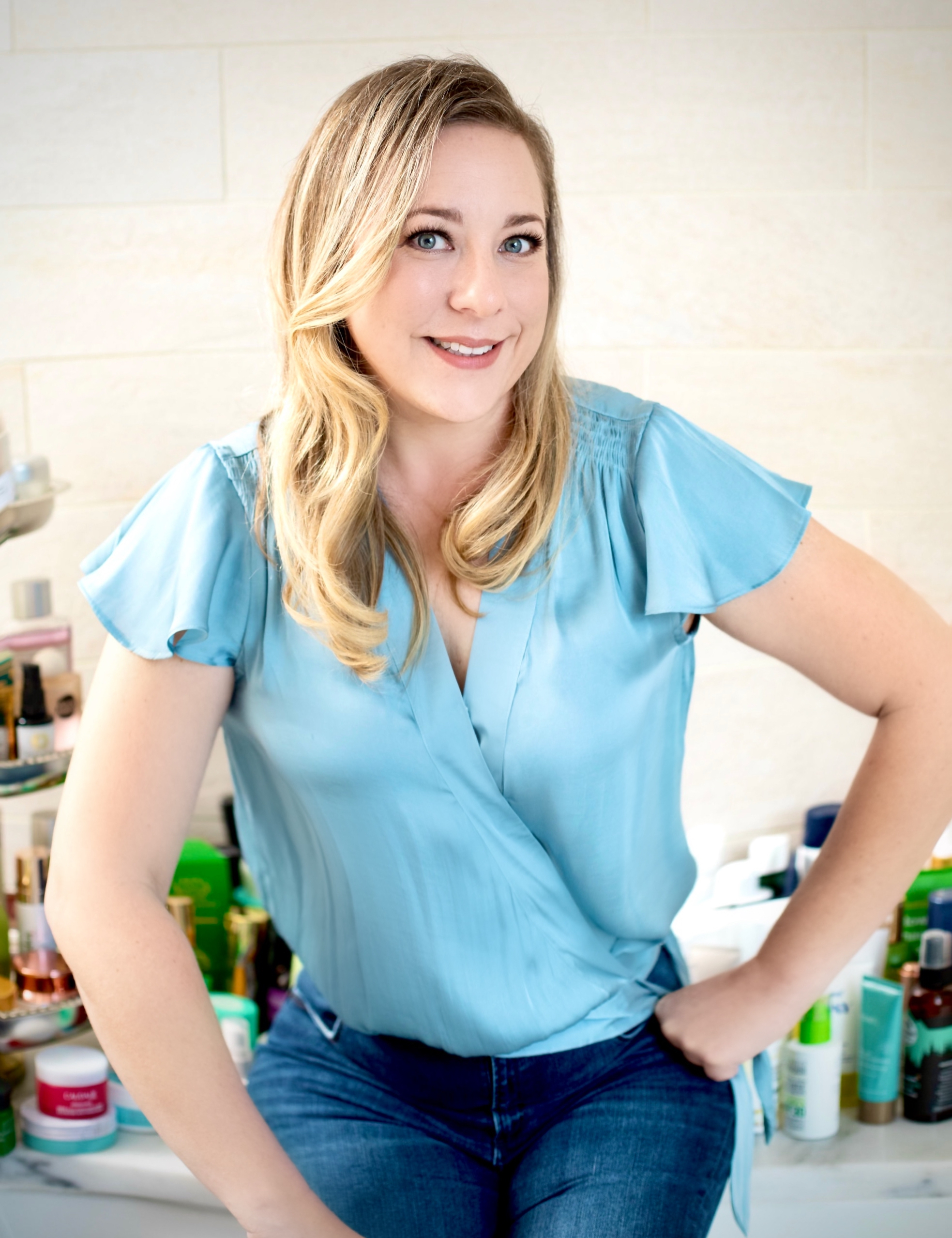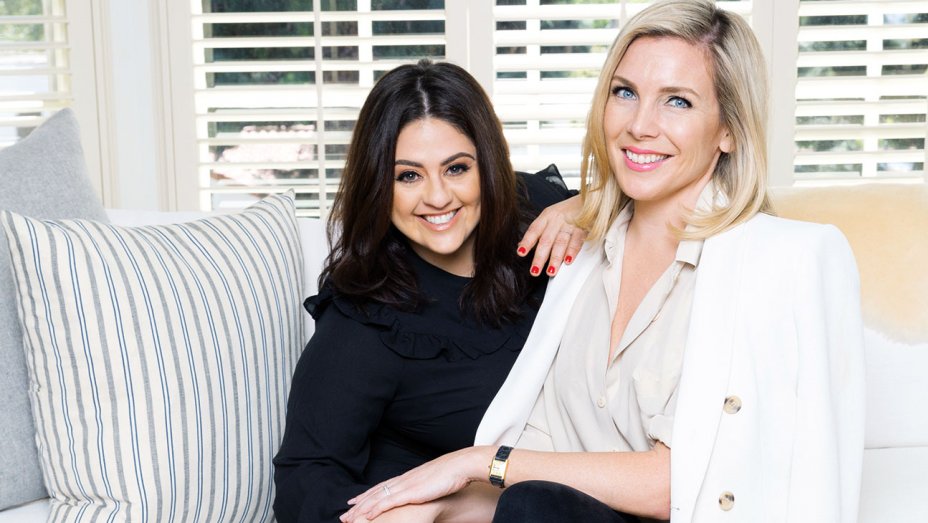As a proud business owner, I’ve worked hard to design the life I want. A major part of this is the freedom to work from wherever I happen to be and empower others to do the same. In doing so, I’ve camped out in numerous co-working spaces nationwide, quietly observing the best and sometimes worst of each environment.
Unlike the folks who need more permanent digs, I hadn’t really thought of the co-working experience as, well, an experience, or anything more than a temporary solution, until now.
The widening spectrum of “experience spaces” is right on trend. Liz Elam, executive producer of the Global Coworking Unconference Conference, recently said that coworking will replace the office.
“It’s is the 4th industrial revolution and that revolution is being driven by the changing nature of work. The time will come when people don’t go to offices, they go to coworking spaces,” she explained.
And with so many options available, value-added differentiation is key.
“A focus on wellness will continue to make a huge impact on design, from the building, to the air, to the light,” said Elam.
Redefining co-working
Founded in 2018 by actor and writer June Diane Raphael and producer Jess Zaino, The Jane Club is designed to take care of the woman who takes care of everyone else, and is the only community co-working house with onsite but-on-the-side childcare included.
It is noticeably different from any other co-working space from the moment you walk in. Calm. Spa- and home-like, but social. Diverse in ethnicities and interests and states-of-the-womb. While the main differentiator is a hybrid home/office environment with childcare, what it really provides is a wholistic approach to womanhood at work. (Or mandom. The Jane Club is inclusive.)
“Our Janes don’t work for us, we work for them,” offered co-founder Jess Zaino.
And this is the emotionally intelligent approach to co-working that’s missing most everywhere else.
The advent of care-working
Care-working – as I’ve come to call it – is the holistic approach to the modern professional environment. Care-working is:
1) A home-like space for those who want to work from home, but not with the distractions and responsibilities of their own,
2) The right mix of meaningful perks (as opposed to the ill-advised and often forgotten ping pong table found in modern workplaces worldwide),
3) A purposeful camaraderie that would be all but drowned in kegs in the conventional co-working kitchen, and
4) Programming designed for the mind, body, and soul, not just the networking.
A care-working adventure like The Jane Club provides an environment that allows members to take care of real life at the same time they foster social connectivity and boost individual productivity.
That’s not to say other spaces don’t. But often times it’s an unintended outcome, not baked into the organization’s DNA.
Created for psychological safety
Co-working spaces – while largely marketed on their perks – are like any other workplace in that they fail if they are not safe. And I don’t mean just physically safe. That’s table stakes for business operations. I mean the psychological safety that supports mental health and elevates the work experience.
“When our Janes feel safe (and cared for), they thrive,” said Zaino.
A trust-based, safe environment is proven time and again to be the number one characteristic of successful and productive individuals and teams. The come-as-you-are, make-up-off-not-on nature of care-working forces members to check their judgment at the door.
Perhaps even harder to solve in conventional workplaces – care-working environments boast a diversity of professions and roles. Workplaces unrelated to a specific industry eliminate psychosocial competitiveness and encourage collaboration and build community.
Modern offices worldwide are addressing or pressured to consider all of these things – especially the childcare part – but the achievement potential largely rests with visionaries like Raphael and Zaino who not only create space to work AND raise children, but who endeavor to raise others.
I wish every workplace culture was so thoughtful.


